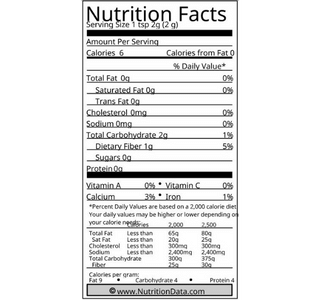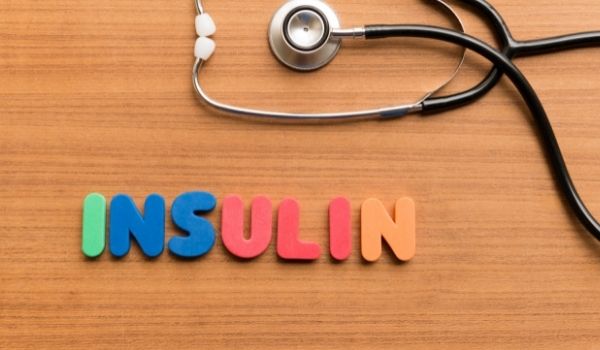Adding cinnamon, nutmeg, and cardamom, among other spices to your food and beverages, can bring a delicious change in their taste and make them more enjoyable.

However, if you are currently on an intermittent fasting journey, you may be confused as to what is permitted and what isn’t during your fasting window.
While intermittent fasting has been a proven way to reduce weight and to overcome conditions including hypertension, the fast may be broken by calorie consumption.
So to answer the question “does cinnamon break a fast?”, we need to define the type of fast, calorie intake, insulin reaction, and the amount per serving to find out what will happen when consuming cinnamon.
Cinnamon and Intermittent Fasting
When we refer to the type of fast its to know if you want to lose weight, increase energy through ketosis, achieve autophagy or improve insulin sensitivity.
Nutrients including proteins and carbohydrates are essential for the body and not evil. However, experts advise consuming no more than one gram (1 gm) of protein or carbohydrate during intermittent fasting.
While people may respond to the amino acid and the glucose molecules differently depending on their body type, a low level of consumption ensure the success of the goal.
Nutrient Content of Cinnamon
A teaspoon of cinnamon contains approximately 0.1 gm of protein and 0.8 grams of carbohydrates.

Therefore, if you have to ensure that you consume no more than one gram of proteins or carbohydrates during your intermittent fasting period, a teaspoon of cinnamon should NOT break your fast.
However, if you add more spices (including nutmeg or cardamom among others) you should make sure the grams added stay below the suggested limit.
Cinnamon and Insulin

Intermittent fasting can affect the storage of insulin inside the body.
The insulin level inside the body will reduce due to intermittent fasting, and consequently, the body will start to utilize fat and will burn it for fulfilling its energy needs.
The body will again start to secrete insulin to metabolize carbohydrates when you consume something that has the nutrient in an adequate amount.
That is why it is forbidden to eat anything during an intermittent fast, as it will spike the insulin level in the body.
One thing to note is that insulin is not secreted only due to the presence of carbohydrates in the food, but also due to the presence of protein.
Hence you need to ensure that you are not consuming more than one gram of carbohydrates or proteins during your intermittent fast.
Consuming below 1 gram should not result in the secretion of the hormone insulin.
Additional Benefits of Cinnamon
A low amount of cinnamon will not only help you stay successful in your fasting program but may also provide certain additional benefits.
Research reveals that it stabilizes blood sugar as well.
The absence of a spike in the level of glucose will also avoid a spike in the level of insulin in the body.
Therefore, cinnamon can be a highly healthy option when it is consumed in moderate amounts and is added to your coffee.

Final Thoughts
Consuming cinnamon should not cause an insulin spike, should keep you on a weight loss goal, and shouldn’t take you away from ketosis.
Achieving autophagy is usually harder since it takes more than 24 hours fast to achieve it. If this is your goal, probably better to stay on a water fast and take only minerals.
The most important thing is that you do not exceed the level of consumption since consuming more than one teaspoon could start to affect results.
If you are consuming cinnamon along with other spices, ensure that the ingredient does not exceed 1/4 portion of the teaspoon. The other teaspoon can be occupied by other spices like nutmeg.